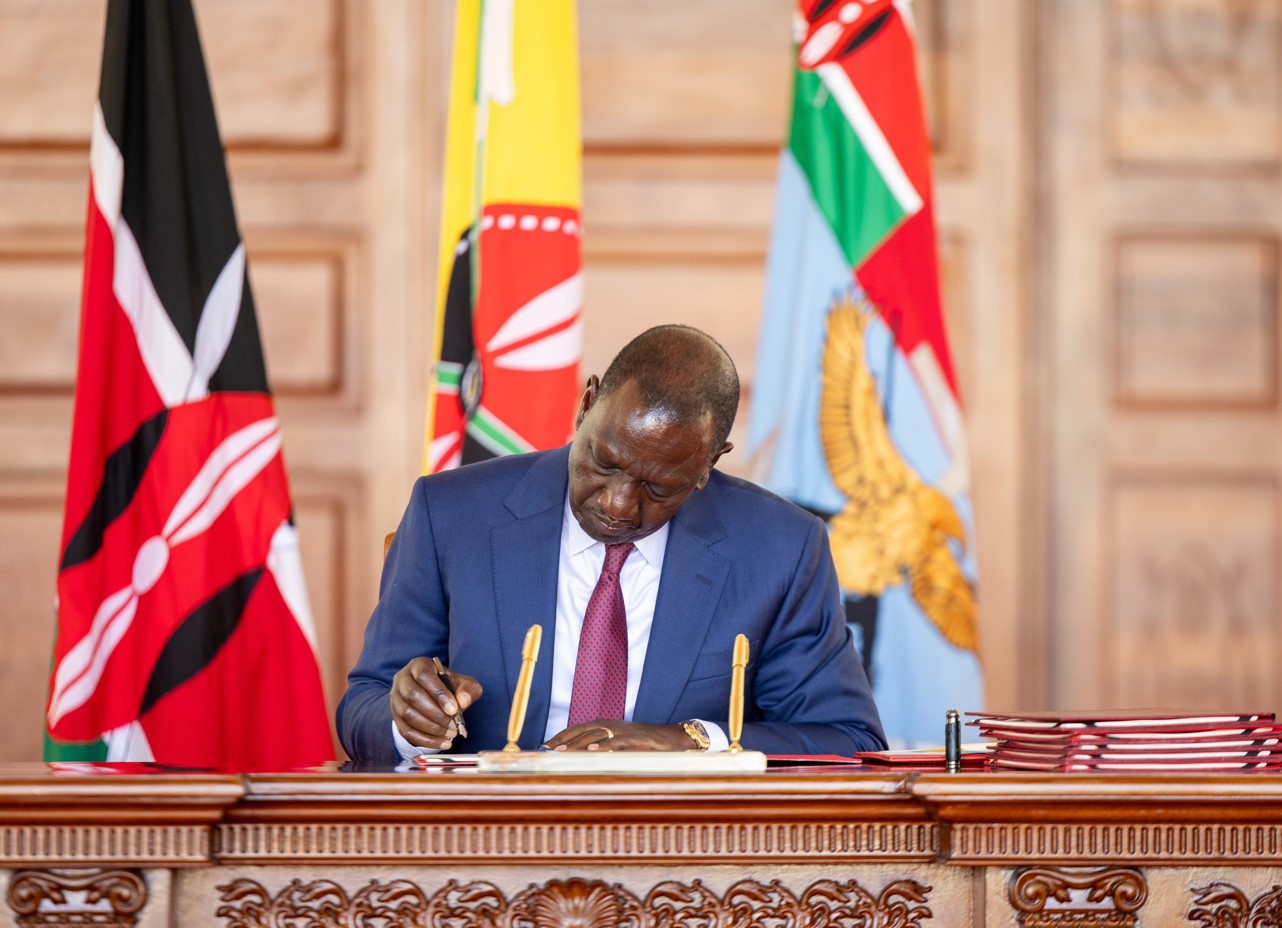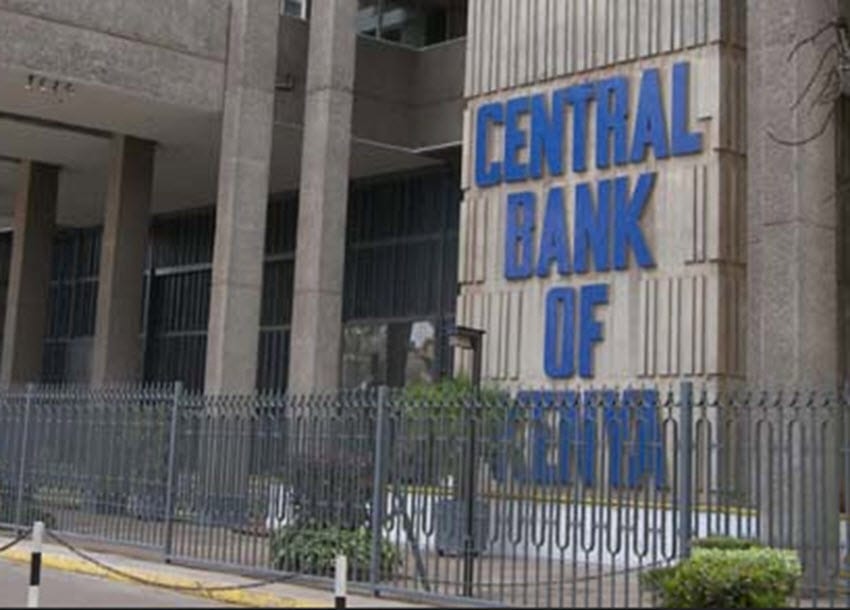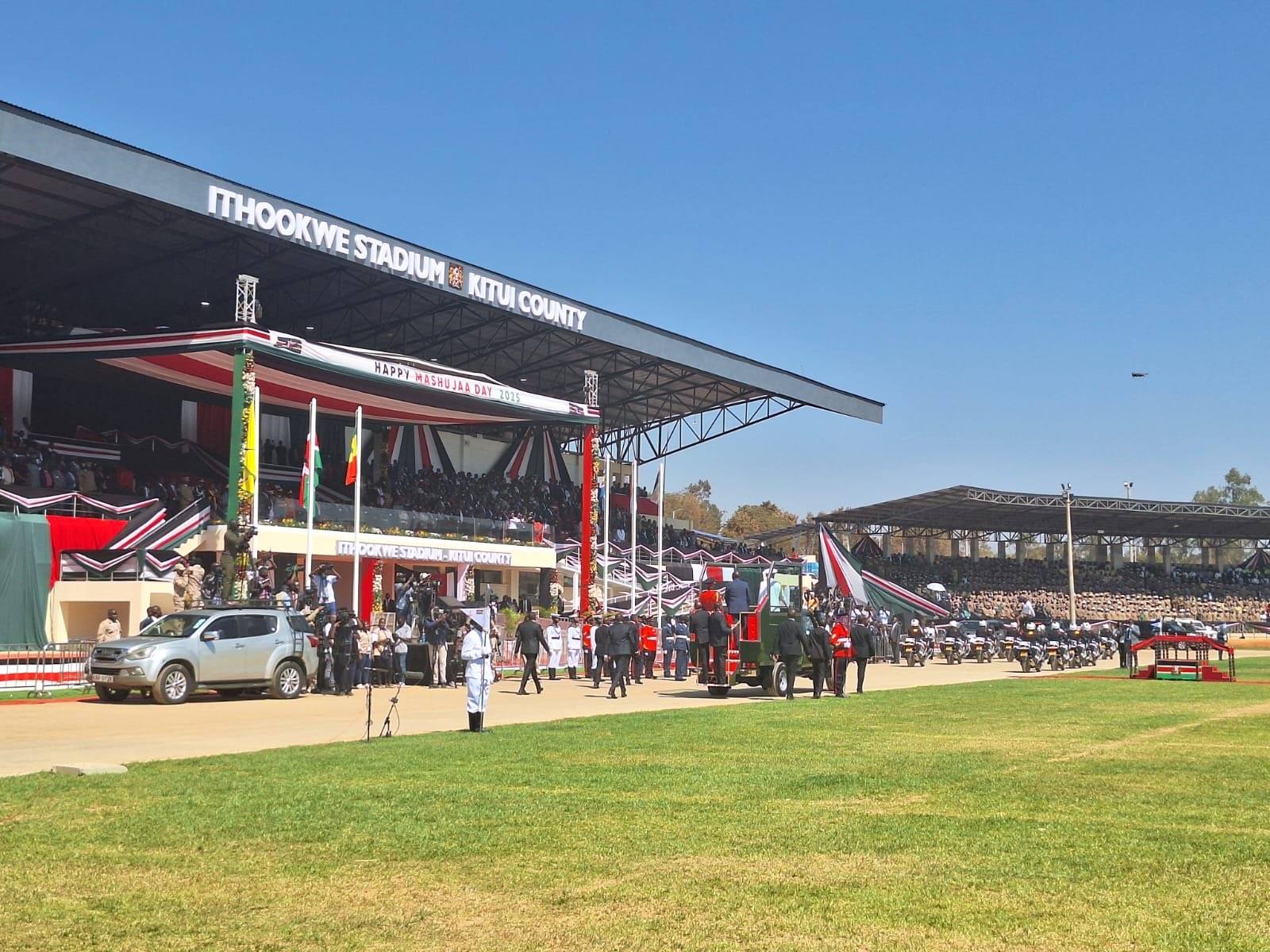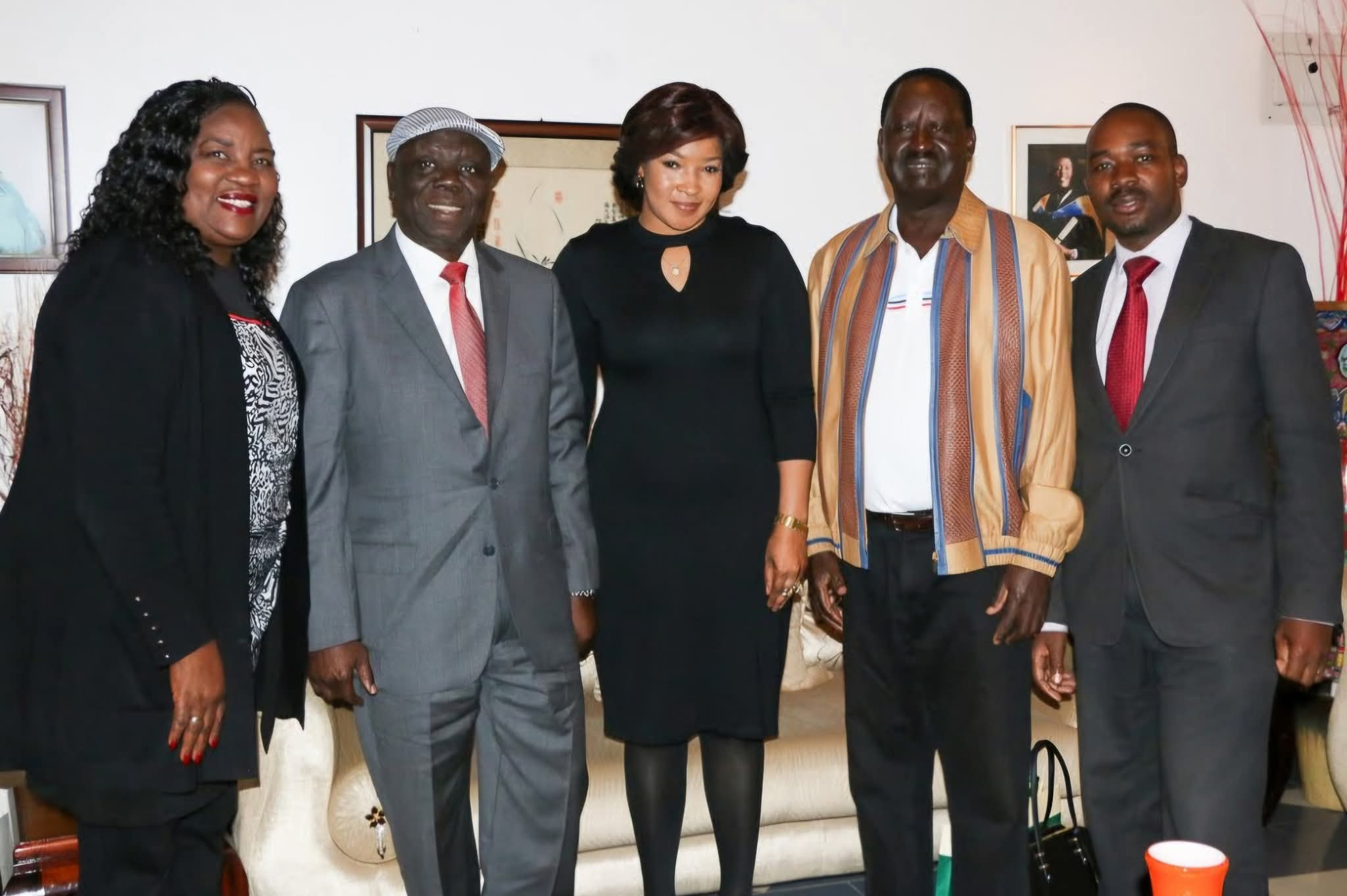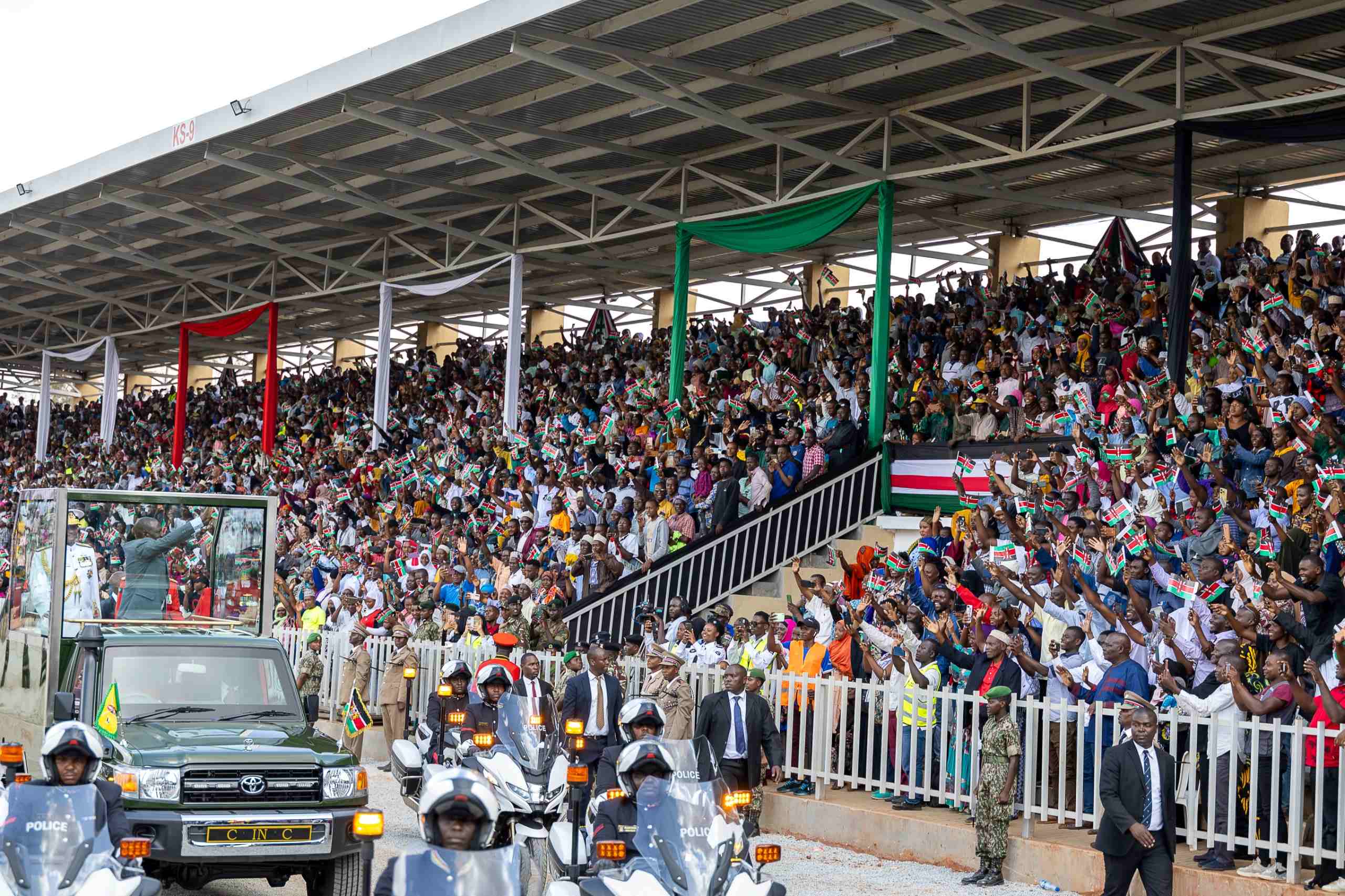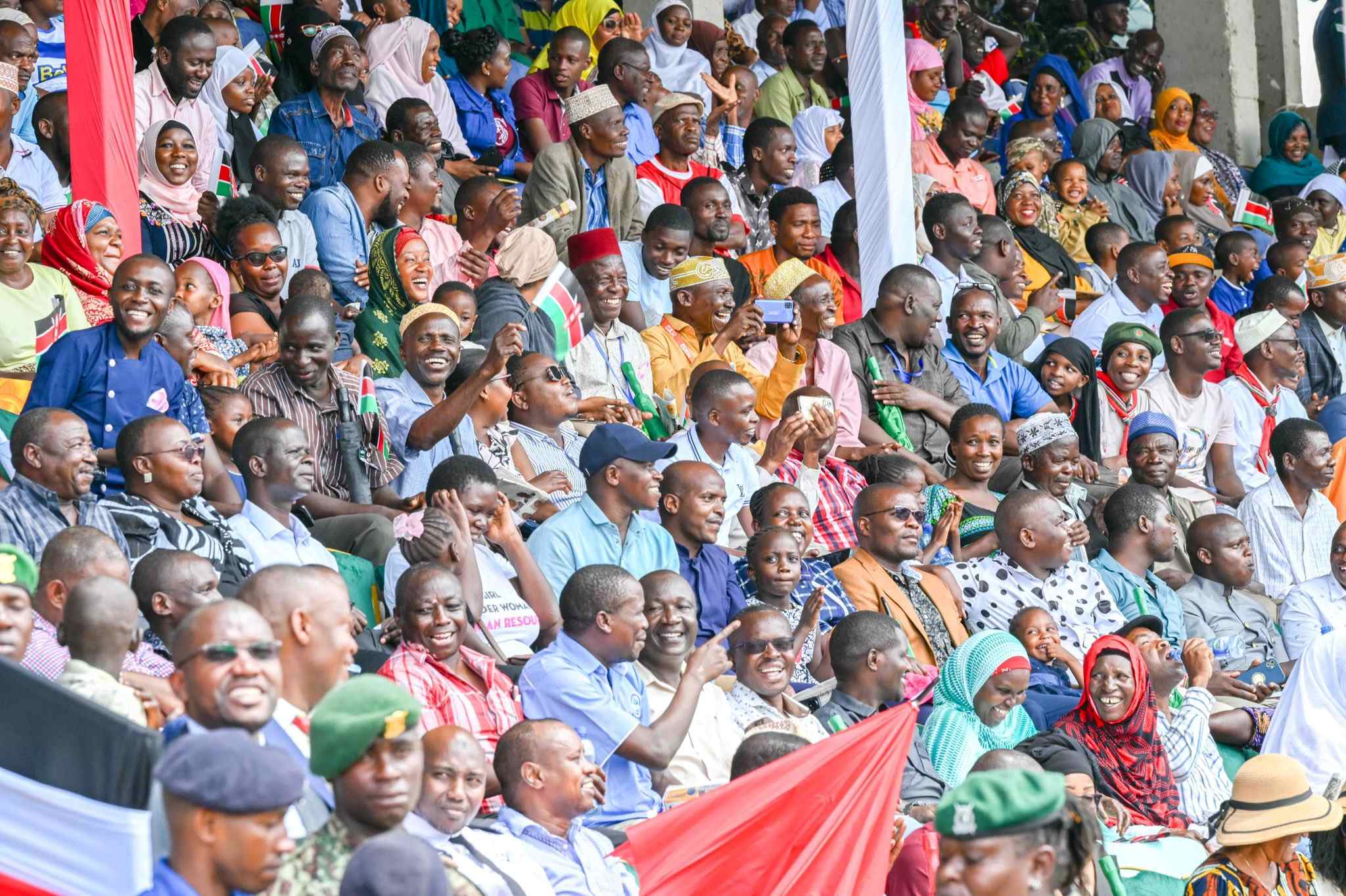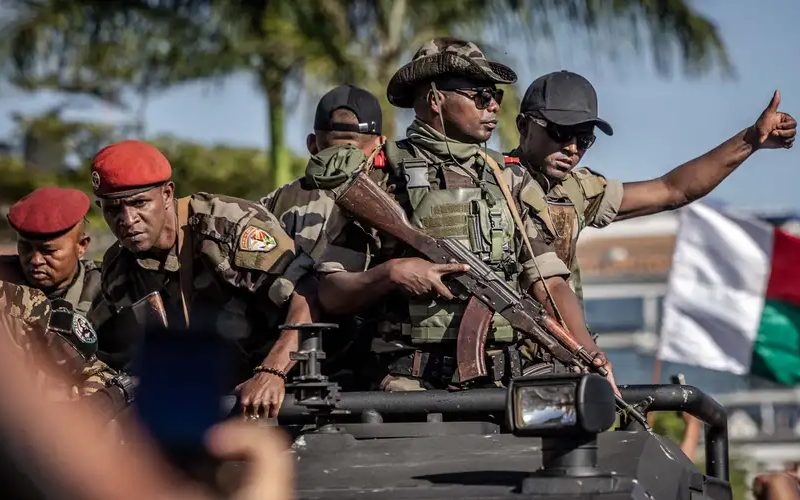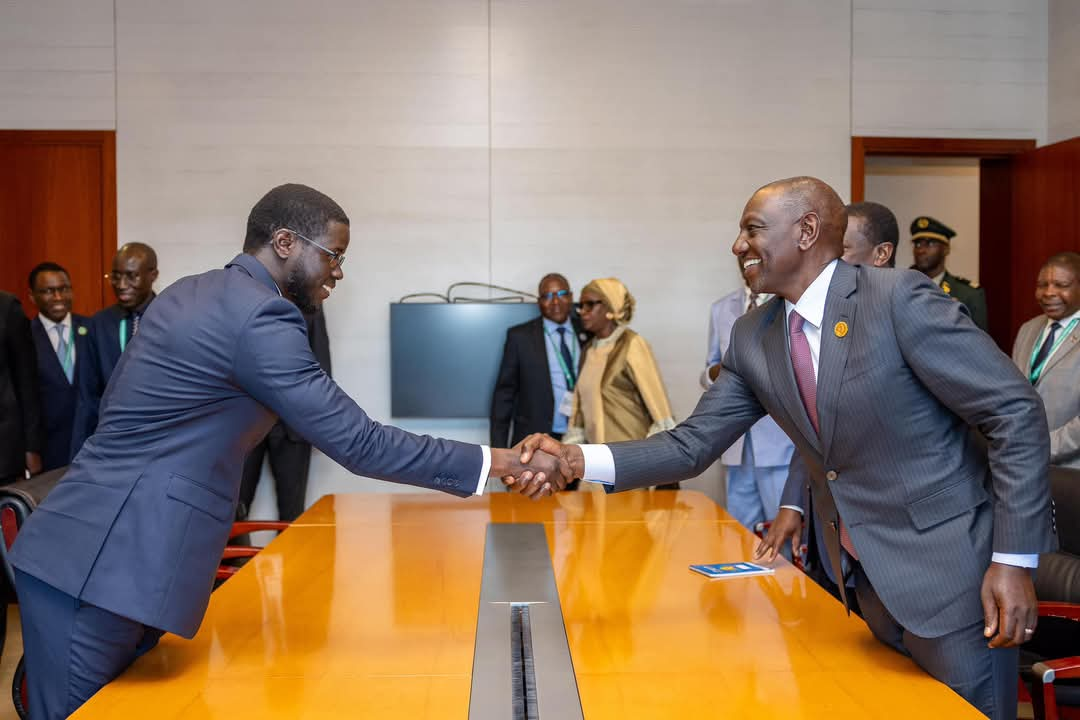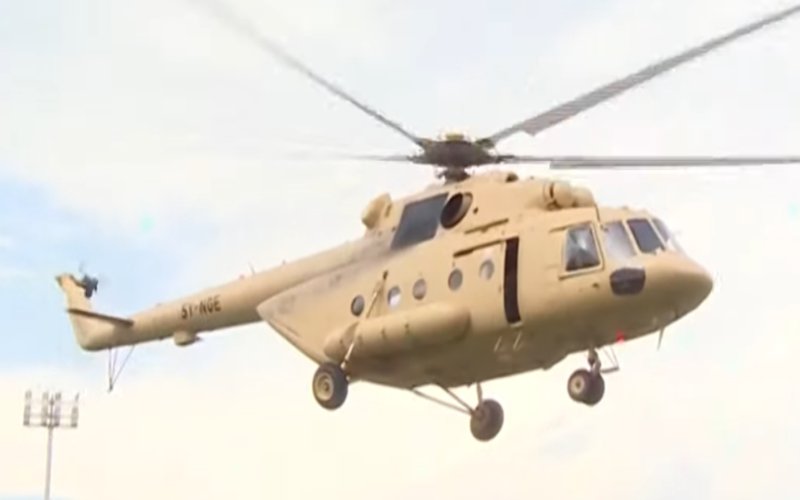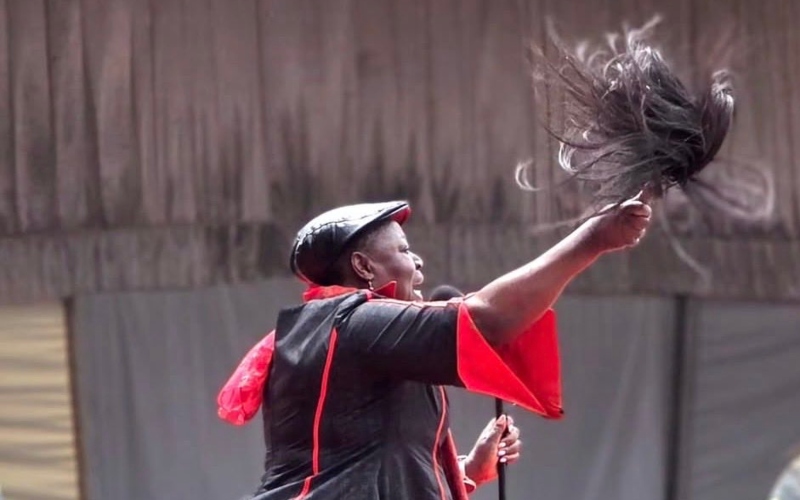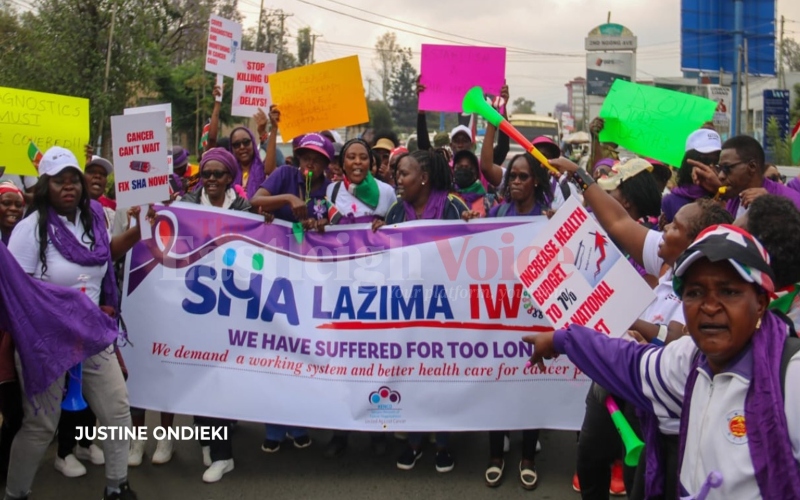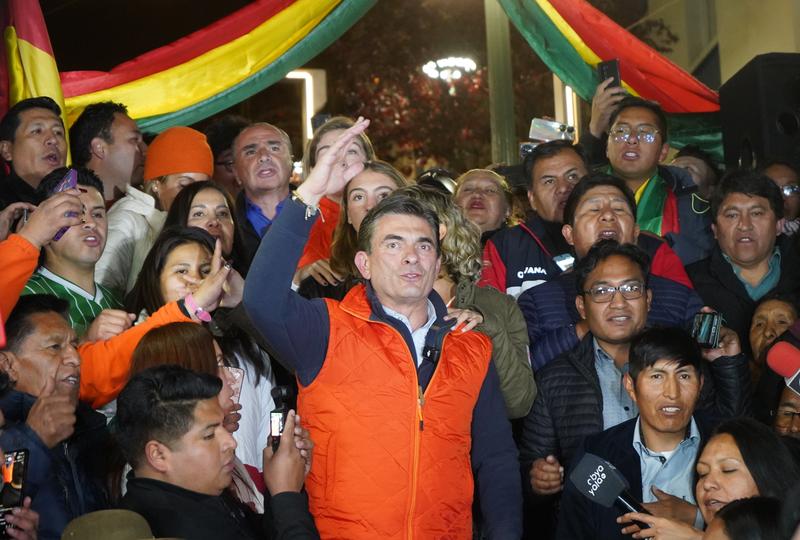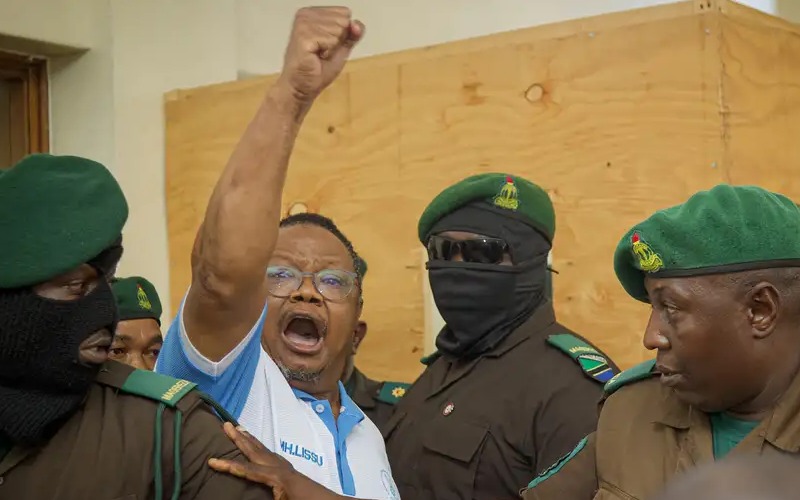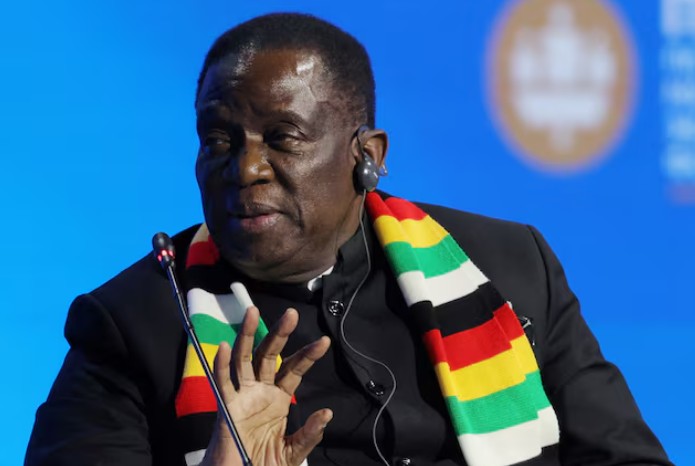Al-Hilal hope move to Tanzania inspires war-torn Sudan
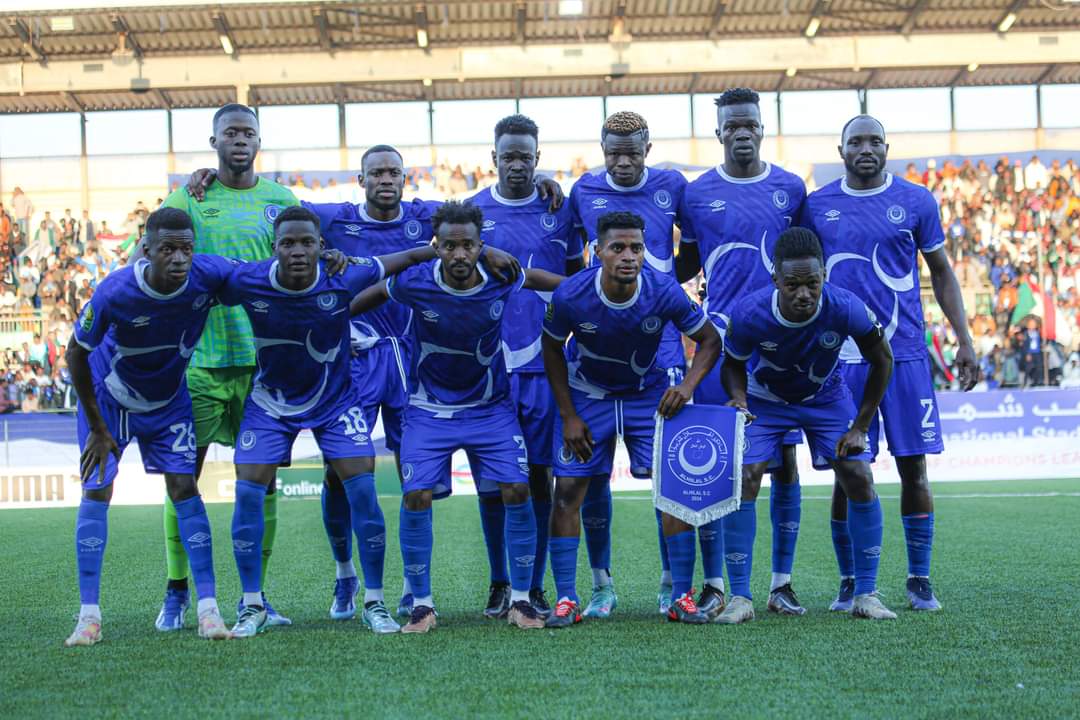
Al-Hilal are a Sudanese powerhouse and well-known in Africa and the Arab world, having won 29 league titles
There are practical reasons why Sudan's biggest club, Al Hilal S.C., is leaving its homeland, but the club desires that its departure also bring hope to the people suffering in the country's current conflict.
"The people of Sudan need to see that there is more to life than war," Al-Hilal's business manager, Abdelqadir Musa, told DW. "They need to see something on the television or hear something on the radio or television that is about sport and not just war and fighting."
More To Read
- Hunger crisis deepens in Sudan’s El Fasher as 229 die under RSF siege
- Ethiopian Airlines resumes flights to Port Sudan after 18-month suspension
- Sudan’s El Fasher on brink of collapse as RSF siege traps thousands
- Drone, artillery strike kills 60 at refugee camp in Sudan
- UN Rights Chief appalled by continued killing of civilians in Sudan
- Over 60 killed or wounded in two days of Sudan's RSF shelling on civilians in El Fasher, North Darfur
Al-Hilal are a Sudanese powerhouse and well-known in Africa and the Arab world, having won 29 league titles and twice finished runners-up in the Confederation of African Football (CAF) Champions League, the continent's biggest club competition. In Sudan however, football has ground to a halt.
Civil war
The outbreak of civil war in April 2023 changed everything. Large parts of Al-Hilal's home city of Omdurman have been reduced to rubble, with empty shops and offices riddled with bullet holes and unexploded shells.
Fighting between two rival military groups, the Sudanese Armed Forces and the Rapid Support Forces has been raging ever since the war's start. Around 15,000 people have been killed and an estimated eight million of the country's 47 million inhabitants have been internally displaced. Around two million people have gone overseas.
Al-Hilal are doing the same, announcing in March that they will be based in the Tanzanian Premier League next season. There seemed to be no other choice.
"For the club to continue to function, the contracts of the players need to be valid and continue," said Musa. Next season's CAF Champions League is vital for the club: "They can make money in that campaign, which can keep the club going but they need players to keep playing in it."
But that alone is not enough, Musa adds. "That is a seasonal tournament and you can be knocked out any time. There has to be football regularly, otherwise the players will leave. They had to look to another league."
Moving home
When Al-Hilal made it clear that they wanted to explore options, they also received offers from Libya and Mauritania. Tanzania was chosen because the team had happy memories of being based in the country's biggest city of Dar Es Salaam during the group stages of the 2023-24 CAF Champions League.
"Al-Hilal were welcomed very warmly there, and I witnessed more than 5,000 supporters from Tanzania come and support Al-Hilal," Collins Okinyo, former media officer at CAF, told DW. "It was a great occasion. The people there love football and the people will be welcoming once again. It will be a second home for them."
Even though the games will not be officially competitive — there will be no points on offer and they will not be part of the league table — Al-Hilal hopes that the move will keep the players sharp.
"We are doing what we can to help a fellow African team when they are going through a difficult time," a spokesperson from the TanzaniaFootball Federation told DW. "It will also add something different to our league for our fans too."
Symbol of hope
There is a history of football making a difference in African countries experiencing conflict.
"Look at Didier Drogba, he asked those involved in the Ivory Coast civil war to stop and they did," said Okinyo. "Football can bring people together."
Upon qualifying for the first World Cup in 2006 — ironically with a victory in Sudan — Drogba, a huge star, picked up a microphone and addressed his nation.
"Men and women of Ivory Coast," he said. "From the north, south, centre, and west, we proved today that all Ivorians can coexist and play together with a shared aim — to qualify for the World Cup. We promised you that the celebrations would unite the people; today we beg you on our knees."
In 2007, the striker announced that a game would be played in the rebel stronghold of Bouake, where there were scenes of jubilation and celebration after a win over Madagascar. Drogba's words and actions helped bring the two sides to the negotiating table and while the peace was not permanent, football did bring hope to the nation.
However successful Al-Hilal's move is, everyone hopes that the situation is a temporary one. "The people of Sudan want the war to end as soon as possible," said Musa. "So many people have suffered, so many have been displaced and so many have lost their jobs."
Al-Hilal playing football in another country could also remind the rest of Africa and the world that the conflict is still going on. As Musa said, "When it started, there was a lot of coverage in the media but it has gone on for so long that it is not talked about as much now."
Top Stories Today
